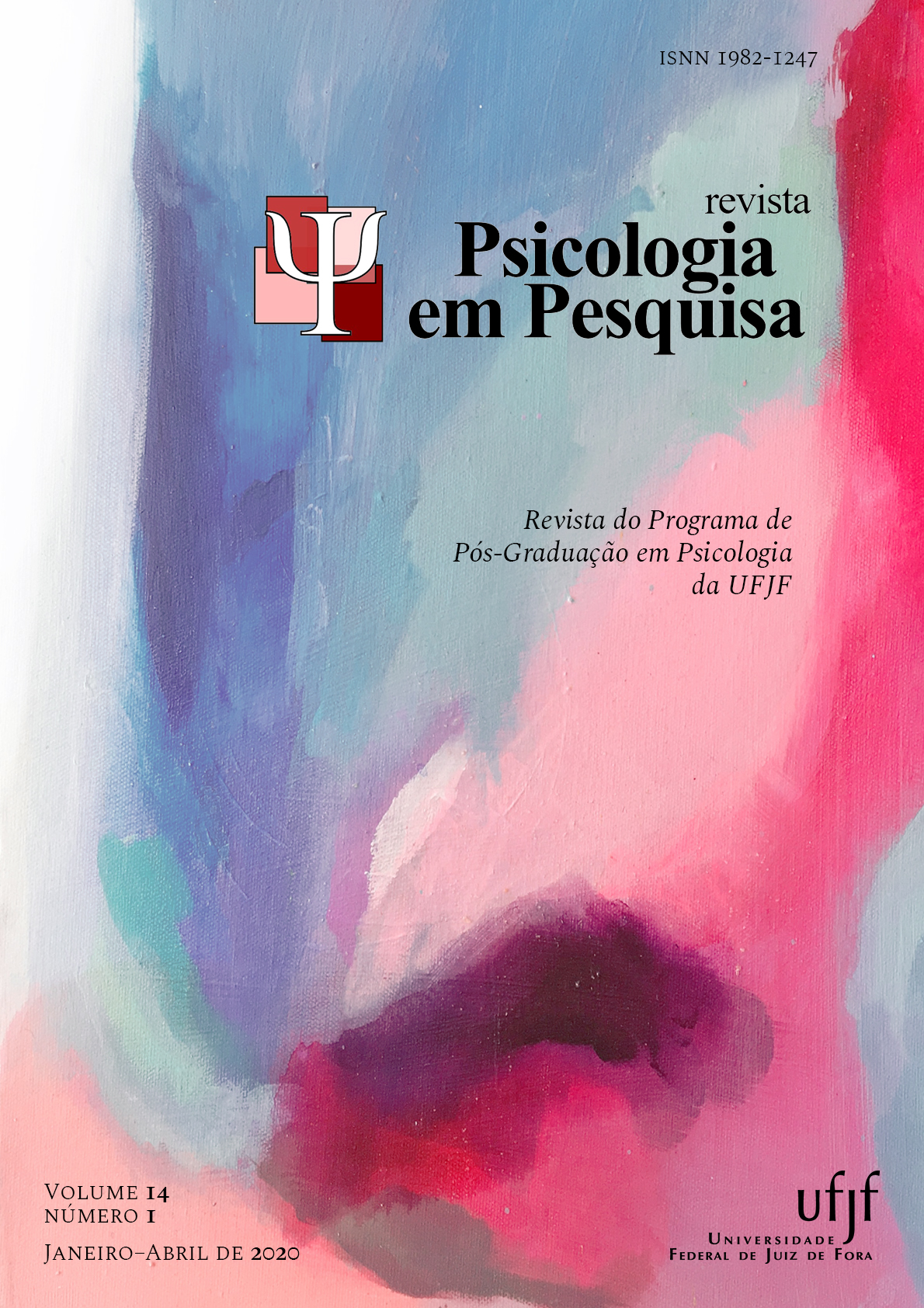Parental involvement in school: teachers perspective
DOI:
https://doi.org/10.34019/1982-1247.2020.v14.27418Keywords:
School/family relationship, Practices of parental involvement in schools, Teachers representationAbstract
The present study involved the participation of 313 teachers from eight municipalities in the Alentejo region and examined: I) The most common types of parental involvement in schools; II) Activities aiming to involve parents; IV) Barriers to parents involvement; III) Aspects to improve this involvement. The most common practices to involve parents are those of Type 2, 4, 5 and 6; parties are identified as common activities for the involvement of parents; as barriers, their unavailability to accompany the learner or to communicate with the school; in order to improve parental involvement, projects and activities have been developed to enhance school/family communication.
Downloads
References
Hill, N. E., & Tyson, D. F. (2009). Parental involvement in middle school: a meta-analytic assessment of the strategies that promote achievement. Developmental Psychology, 45. 740–763. doi:10.1037/a0015362
Lahaye, W., Nimal, P., & Couvreur, P. (2001). Young people’s representations of school and family relationships in Belgium. In F. Smit, K. Wolf & P. Sleegers (Eds.), A bridge to the future: collaboration between parents, schools and communities (pp. 201-212). Nijmegen: Institute for Applied Social Sciences, University of Nijmegen. Recuperado de: http://eds.a.ebscohost.com/eds/ebookviewer/ebook/ZTAwMHR3d19fNzU1ODUzX19BTg2?sid=bf014d82-e339-4de8-988b-e3b7e040a9ce@sessionmgr4010&vid=0&format=EB&rid=1
Mafa, O., & Makuba, E. (2013) . The Involvement of Parents in the Education of their Children in Zimbabwe’s Rural Primary Schools: The Case of Matabeleland North Province. Journal of Research & Method in Education, 1, 37-43. Recuperado de:
Md. Nor, S., & Neo, J. W. (2001). Involving parents in children’s education: what teachers say in Malaysia. In F. Smit, K. Wolf & P. Sleegers (Eds.), A bridge to the future: collaboration between parents, schools and communities (pp. 167-175). Nijmegen: Institute for Applied Social Sciences, University of Nijmegen. Recuperado de: http://eds.a.ebscohost.com/eds/ebookviewer/ebook/ZTAwMHR3d19fNzU1ODUzX19BTg2?sid=bf014d82-e339-4de8-988b-e3b7e040a9ce@sessionmgr4010&vid=0&format=EB&rid=1
OECD (2017). PISA 2015 Results (Volume III): Students’ Well-Being. Paris: OECD. Recuperado de: http://dx.doi.org/10.1787/9789264273856-en
Rodrigues, M. L., Alçada, I., Calçada, T., & Mata, J. (2017, Maio). Apresentação de resultados do Projeto Aprender a Ler e a Escrever em Portugal (relatório de progresso). Fórum das Políticas Públicas, Lisboa: EPIS. Recuperado de: http://www.forumdaspoliticaspublicas.pt/pdf/ale_resultados.pdf
Sanders, M. G., Epstein, J. L., & Connors-Tadros, L. (1999). Family Partnerships with High Schools: The Parents’ Perspective. Center for Research on the Education of Students Placed At Risk (CRESPAR), Report n. 32. Recuperado da base de dados ERIC. (ED428148)
Symeou, L. (2001). Family-school liaisons in Cyprus: an investigation of families’ perspectives and needs. In F. Smit, K. Wolf & P. Sleegers (Eds.), A bridge to the future: collaboration between parents, schools and communities (pp. 33-43). Nijmegen: Institute for Applied Social Sciences, University of Nijmegen. Recuperado de: http://eds.a.ebscohost.com/eds/ebookviewer/ebook/ZTAwMHR3d19fNzU1ODUzX19BTg2?sid=bf014d82-e339-4de8-988b-e3b7e040a9ce@sessionmgr4010&vid=0&format=EB&rid=1
Conselho Nacional de Educação (2015). Recomendação nº 2/2015, de 25 de março.: Recomendação sobre Retenção Escolar nos Ensinos Básico e Secundário. Diário da República nº 59, Série II. Lisboa: Assembleia da República. Recuperado de http://www.cnedu.pt/content/deliberacoes/recomendacoes/Recomenda%C3%A7%C3%A3o_sobre_Reten%C3%A7%C3%A3o_Escolar.pdf















